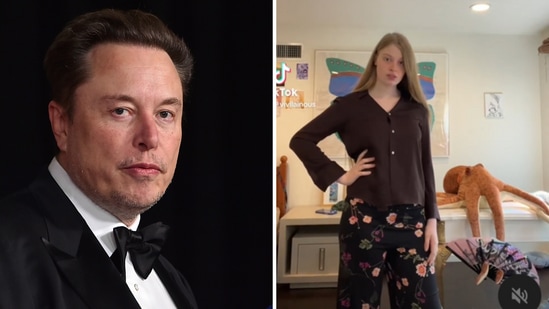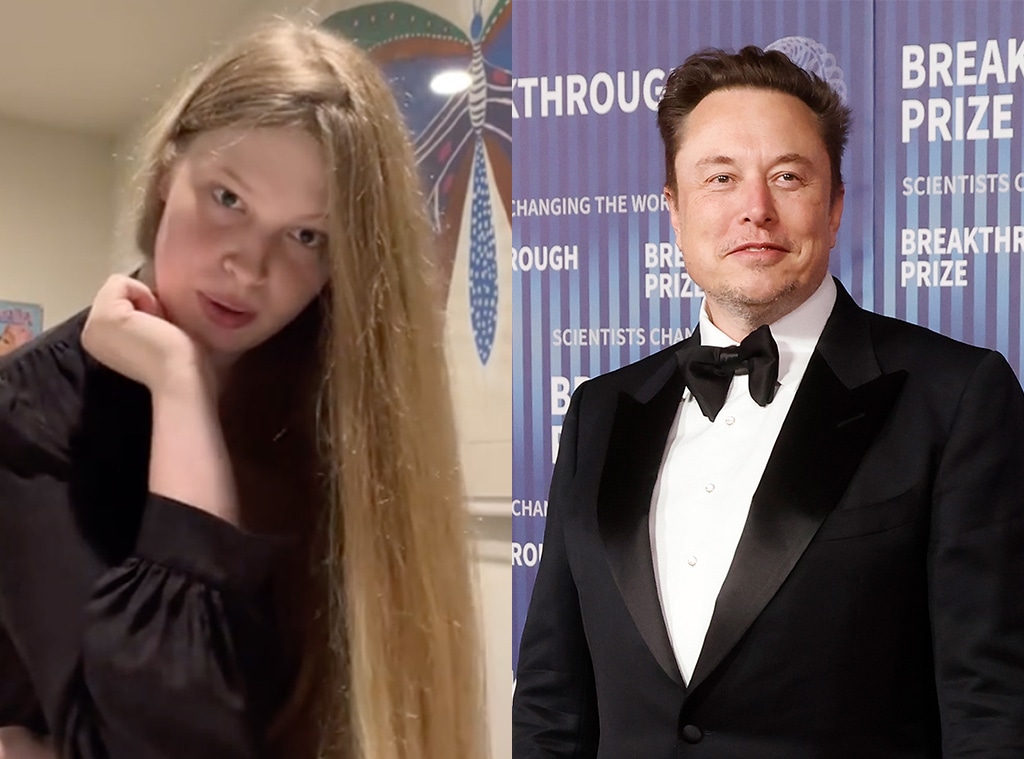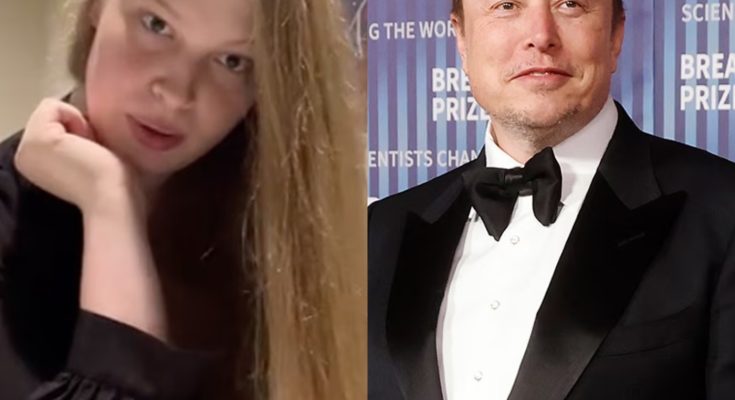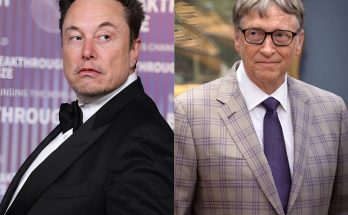Vivian Jenna Wilson, Elon Musk’s 20-year-old daughter, recently gave her first public interview after her father’s controversial comments about her decision to seek gender-affirming care. In an interview with NBC News published on July 25th, Vivian directly addressed the remarks Musk made in a recent Daily Wire interview, where he claimed that she had been “killed” in his eyes by the “woke mind virus.” Musk’s comments, in which he described feeling tricked into signing the documents for her gender-affirming care, implied that he was deceived into allowing her transition, stating that he feared she might commit suicide if he did not consent. Vivian, however, vehemently disagreed with her father’s portrayal and explained that she was not going to let him “lie about me like blatantly to an audience of millions” without challenging it.

Vivian’s interview revealed a deeper history of tension and emotional strain between her and her father. She shared that Musk was rarely present in her life during her childhood, and when he was, his behavior was harsh and dismissive. She described him as “cold,” “quick to anger,” “uncaring,” and “narcissistic.” According to Vivian, Musk would often berate her for displaying what he considered to be “feminine” traits. She recalled an incident from her childhood when she was in fourth grade, during a road trip that she later learned was actually just a promotional event for one of Musk’s cars. She explained how her father viciously yelled at her because he felt her voice was too high-pitched, and she described his actions as “cruel.”
While Elon Musk has consistently defended his actions regarding his daughter’s transition, claiming that he was manipulated into supporting it out of concern for her well-being, Vivian strongly disagreed with this portrayal. She emphasized that her father was not “tricked” into signing the documents for her care, as he had known all the potential side effects and fully understood what he was consenting to. Vivian expressed her frustration with her father’s framing of the situation, noting that as an adult, she is entitled to make her own decisions about her life and identity. “I am 20 years old. I am not a child,” she asserted, stressing that her life should be defined by her own choices, not the opinions of her father.
Vivian also addressed Musk’s comments about “deadnaming,” explaining that the term is used because, in his view, she was “killed” by the “woke mind virus.” This rhetoric deeply hurt her, as she described her decision to transition as a personal journey of self-affirmation rather than a consequence of any external force. Musk’s use of the term “woke mind virus” to describe what he sees as the broader societal shift toward gender inclusivity only deepens the divide between him and his daughter. While he attributes her transition to the influence of this cultural change, Vivian insists that her identity is rooted in her personal experiences and choices, not in any external ideology.

Throughout her interview, Vivian made it clear that her father’s narrative did not reflect her reality. She pushed back against Musk’s portrayal of their relationship, stating that she was not going to let his words go unchallenged. Her message to him and to the public was simple: she is an independent adult who is entitled to live her life on her own terms. This marks a pivotal moment in the ongoing public fallout between the two, as Vivian publicly asserted her right to define her own identity and rejected the way her father had framed her transition and the reasons behind it.
Elon Musk has yet to publicly respond to Vivian’s interview, and it remains unclear how their relationship will evolve going forward. However, the interview paints a clear picture of the emotional complexities and conflicts that underlie this very public rift. While Musk continues to express his strong opinions about the “woke mind virus” and its influence on society, Vivian has made it clear that her life and choices are her own, regardless of his beliefs.
This ongoing discourse between father and daughter highlights not only the personal pain of their fractured relationship but also the larger societal debates surrounding gender identity, the influence of progressive ideologies, and the way these issues are impacting families across the world.



